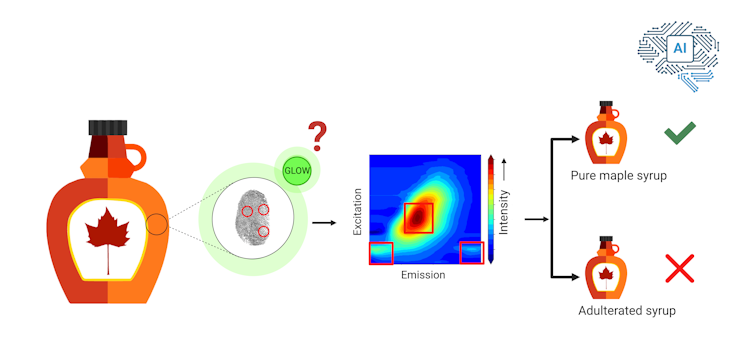
Genomic Enumeration of Antibiotic Resistance in Space (GEARS) sample media plate is shown aboard the International Space Station. — NASA
The next launch of the SpaceX Dragon will be carrying four Space Biology experiments to the International Space Station; the GEARS microbial experiment, the APEX-12 plant experiment, CBIOMES host-microbiome study, and the microbial biofilm experiment MAPS.
The GEARS project will survey the International Space Station for antibiotic-resistant microbes. By analyzing the genetic makeup of these bacteria, a multi-investigator collaborative team hopes to understand how they adapt to the unique environment of space. This next mission represents the third in a series of four GEARS sampling missions aboard the ISS.
Studies have shown that spaceflight can weaken the human immune system. The possible presence of antibiotic-resistant bacteria on the space station increases the risk of infection in crew members. Monitoring and characterizing the type and frequency of antibiotic-resistant organisms and understanding how they evolve in microgravity provides knowledge that can help reduce that risk. The on-orbit sequencing used for this research also could advance development of point-of-care diagnostic capabilities for future missions.
This ISS experiment is funded by a NASA Space Biology grant to Christopher Carr, Ph.D. of the Georgia Institute of Technology for his study, “Enterococci Evolutionin Space: Environmental Adaptations, Antibiotic Resistance, and ClinicalImplications”. Co-Investigators for the mission are Sarah Wallace, PhD. and Aaron Burton,PhD, both of NASA’s Johnson Space Center.
Astrobiology, Space Biology,
























































